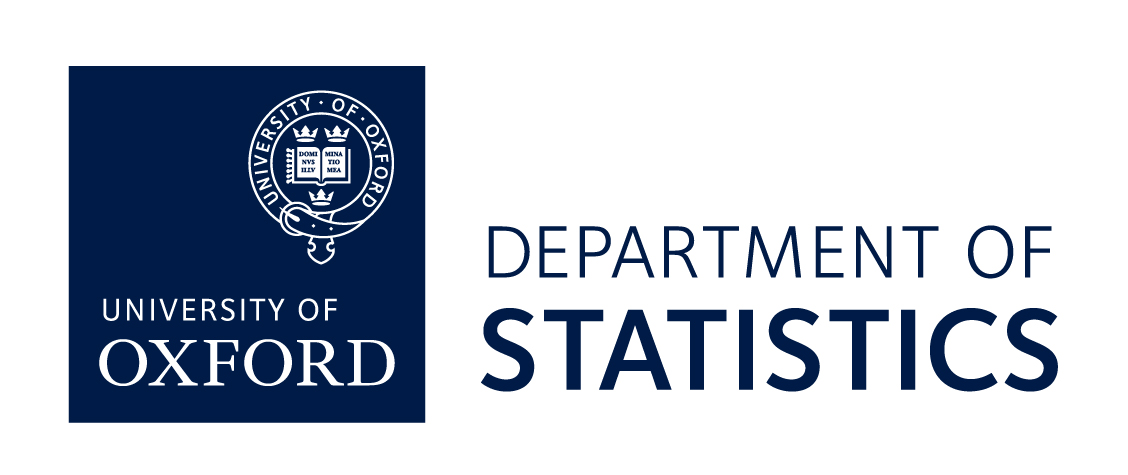We are delighted to announce that two researchers from the Department of Statistics have won awards in this year’s Divisional Impact Awards scheme.
Winner in the Social Impact Award category: Christl Donnelly – Epidemiological analysis and modelling to understand the transmission and control of COVID-19
Christl Donnelly, a senior member of multiple large COVID-19 response teams, played key roles in the design, conduct and interpretation of dozens of studies which transformed our understanding of the epidemiology of COVID-19 and the measures required to protect public health. For example, Donnelly was a key architect of the REACT study, whose results inform evolving UK Government COVID-19 policy. The results of these studies have been considered by SAGE (the UK’s Scientific Advisory Group for Emergencies) and informed policy decisions, including the March 2020 national lockdown and decisions on when to allow in-person schooling. The results have informed policymakers internationally.
Professor Alison Etheridge said: “As the lead statistician for the ‘Imperial team’, Christl’s work has profoundly influenced Government from the onset of the pandemic. Who knows how much more brutal it would have been without the input of teams like those to which Christl has given so much time over the last eighteen months.”
One of two winners in the Early Career Impact Award COVID-19 category: Matthew Raybould – CoV-AbDab – the Coronavirus Antibody Database
Matt Raybould led the efforts of the Oxford Protein Informatics Group (OPIG) early in the pandemic to build the Coronavirus Antibody Database (CoV-AbDab). By combing academic and patent literature, the database contains information on all antibodies and nanobodies reported to bind coronavirus antigens. He continues to maintain and update the database to reflect the latest community knowledge, now totalling over 2,500 complementary antibodies and nanobodies.
This collated knowledge is useful to researchers developing COVID-19 antibody tests, antibody drug therapies, and to those seeking to understand COVID-19 both natural and vaccine antibody responses. To date, CoV-AbDab has been accessed by 5,604 users from 83 countries and has been referenced in 37 academic articles.
Professor Alison Etheridge said: “It would be easy to dismiss something that sounds as unglamorous as creating a database, but this provides a key resource in the fight against COVID-19. It’s a game changing piece of work, selfless and tireless, achieved in Matt’s last few months as a graduate student.”
Commenting on the awards overall, Professor Dermot O’Hare, MPLS Associate Head (Industrial Liaison and Innovation) and Chair of the MPLS Impact Awards judging panel, said: ‘It has been a privilege and a pleasure to oversee our annual MPLS Impact Award competition. Our Impact Awards are open to MPLS researchers at all career stages – from DPhil students to senior academics. In a small way these Awards try to recognise their exceptional efforts and achievements in ensuring our research benefits society and the economy. The awards committee would like me to highlight that we were very pleased with the high quality of nominations received this year. Of course, this meant that it was a very competitive year. The panel was very keen to recognise achievements under a fifth impact category – Covid-19, for two exceptional Early Career Researchers who have made a difference, contributing to wider efforts to mitigate the COVID-19 pandemic.’
Professor Sam Howison, Head of MPLS Division, added: 'I spent quite some time reading the draft REF impact case studies from all our departments. They show an astonishing range of impacts arising from our research. These awards show that this range is even greater and more impressive than I had imagined. Many congratulations to all the winners!'
More information on the awards and the full list of winners can be found on the MPLS Impact Award webpage.



